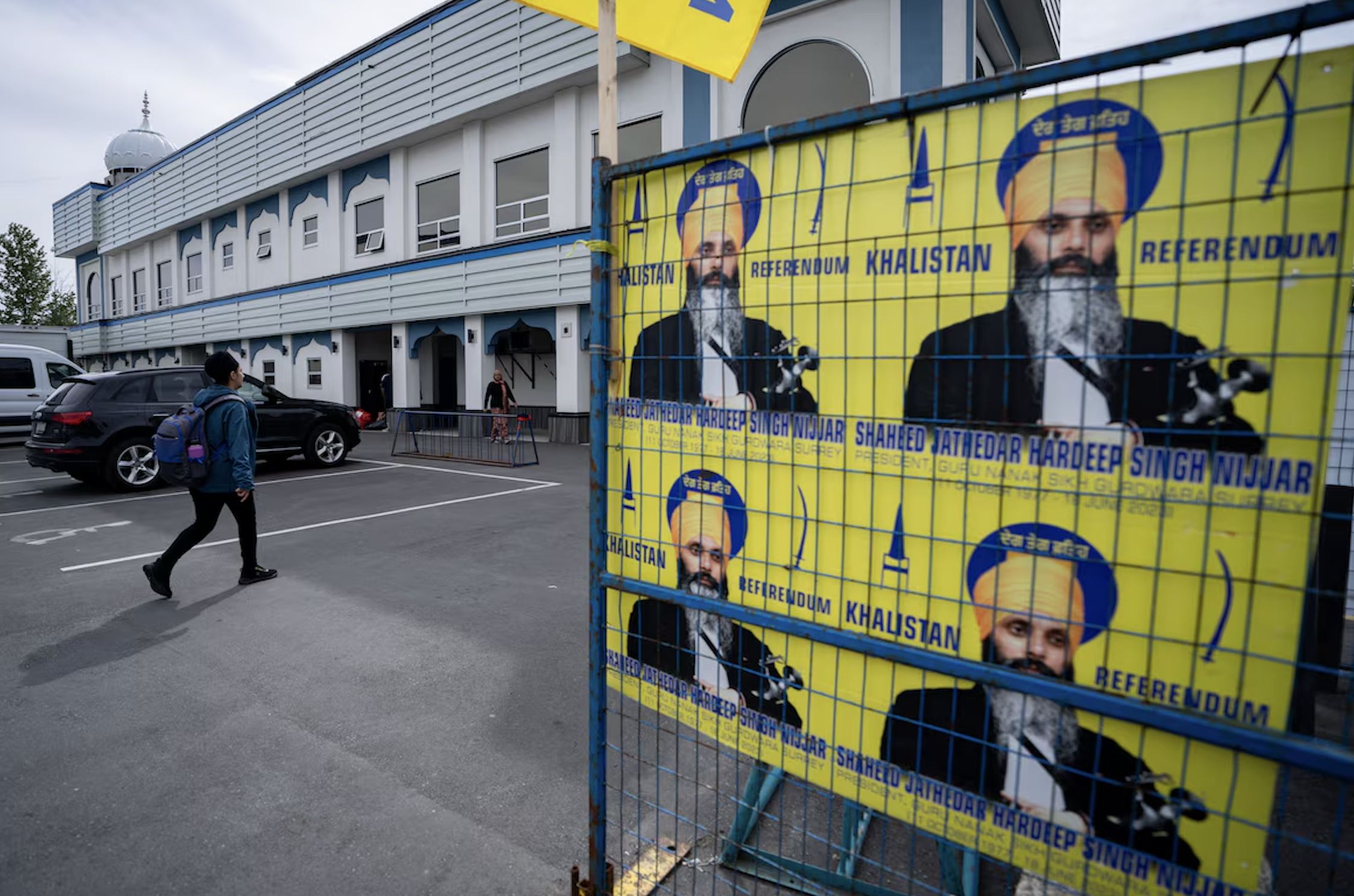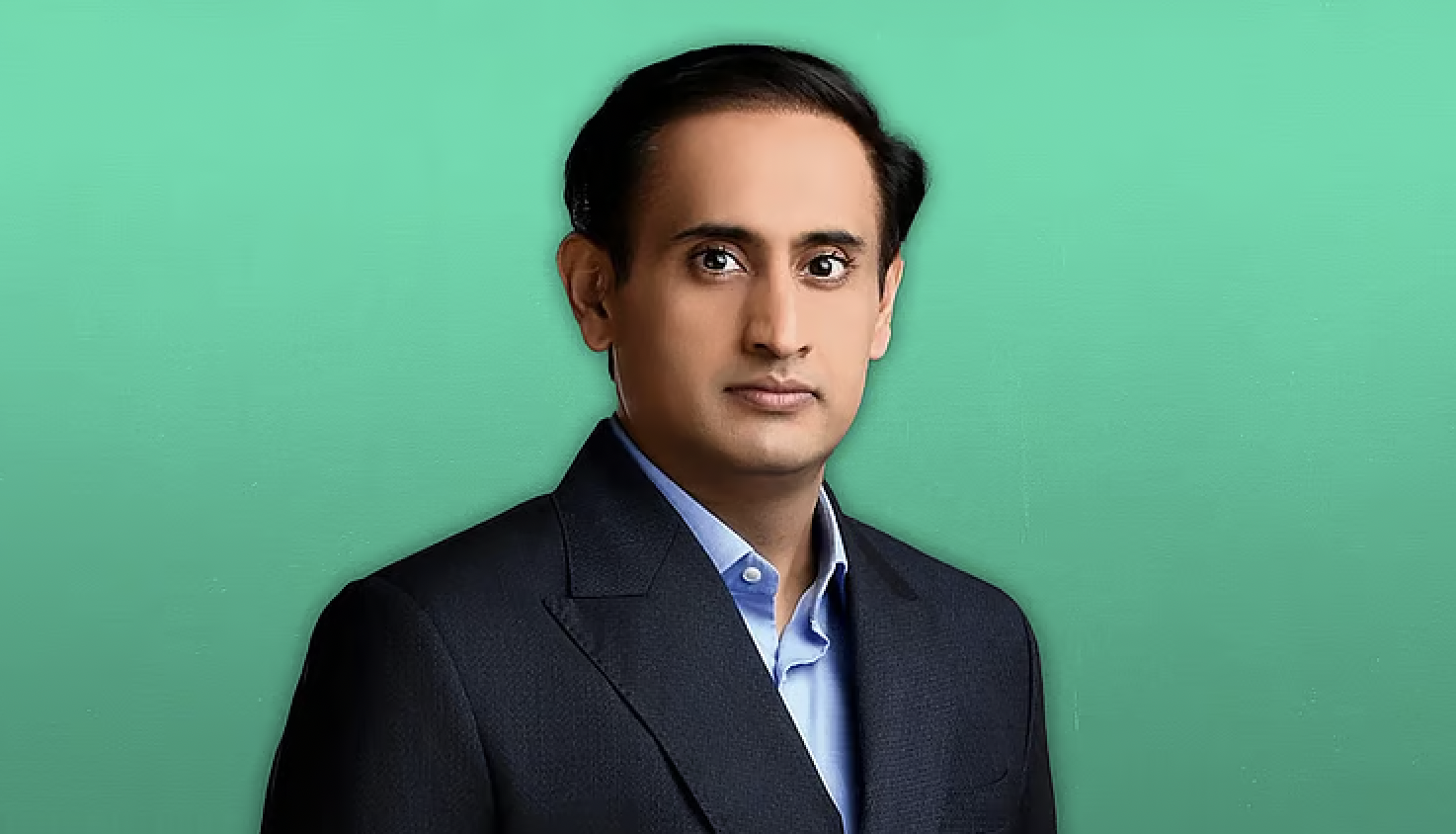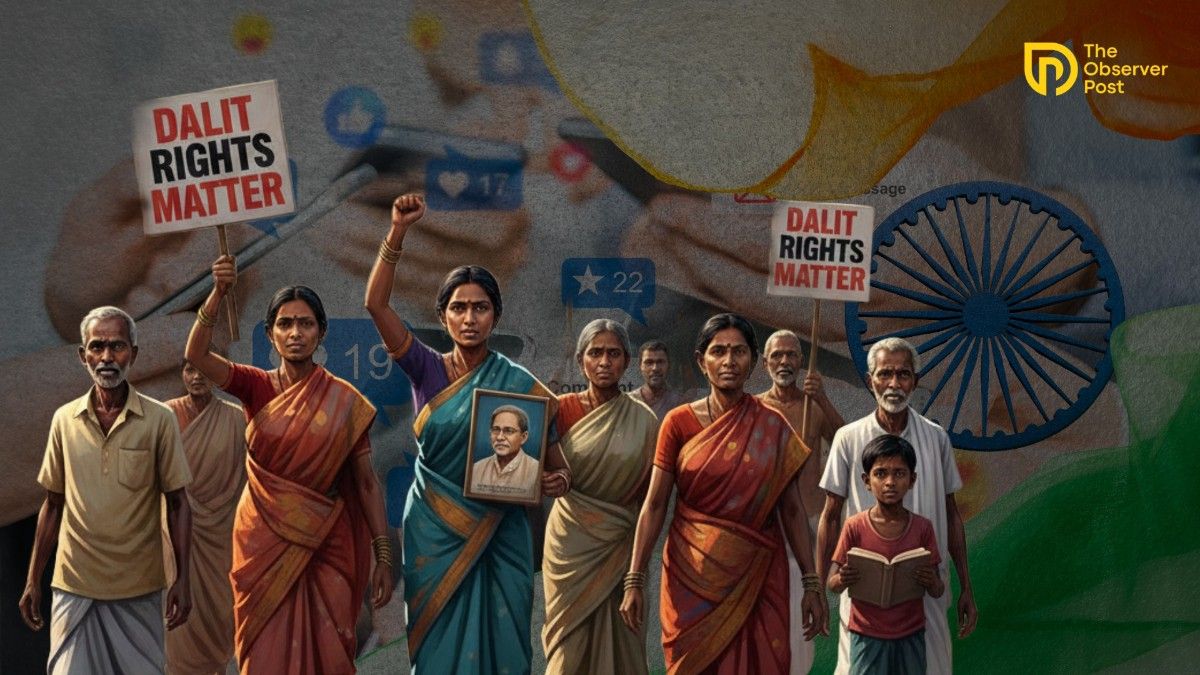
There is growing use of the term “decolonization” within populist, right-wing Hindu spaces to defend state-sanctioned discrimination against minorities and mute discussion of atrocities, all while claiming a position of vulnerability. US Hindu nationalist groups capitalize on anti-racist discursive models, decolonial language, as well as the liberatory structures of Black and Indigenous1 futurisms to characterize Hindutva ideology as a modern, anticolonial resistance movement. I use the term “Hindutva futurism” to conceptualize how Hindu nationalists co-opt and pervert liberatory language such as those deriving from decolonial discursive frameworks and anti-racist models of restorative justice and political commitments.2 This futurism negotiates the fraught, contested space between Hindutva ideology’s deliberate flattening of the historical diversity of Hinduism and the discursive authority of the academy to shape and construct “new identities and communities, unintentionally or intentionally.” Contemporary Hindutva futurist groups use this tension to garner support in Hindu diaspora communities by leveraging narratives of “decolonization” and “anti-racism” in multiple, sometimes contradictory ways. By unpacking the terms “decolonial” and “anti-racist” as markers of an illiberal “futurism” in Hindutva contexts, I argue such efforts undermine anti-racist solidarity and decolonial efforts in the US and transnational contexts to promote a neocolonial Hindutva futurity.
Such a rhetorical move seeks to make Hindutva palatable to the liberal sensibilities of diaspora Hindus. In US Hindutva circles this plays out in two ways: One approach, seen in the efforts of the Hindu American Foundation (HAF), is to use anti-racist framing to muzzle critique of anti-Muslim sentiment, casteism, and other discriminatory practices within Hindu communities through accusations of “Hinduphobia.” Another approach, seen in Rajiv Malhotra’s recent book Snakes in the Ganga, decries so-called “woke” politics and anti-racism as a part of a systemic effort to “to dismantle Indian civilization and heritage by waging an uncompromising war against India’s government, educational institutions, culture, industry, and society.” In this essay, I show the inherent contradiction in both these approaches to Hindutva futurism: aiming to reconcile support for anti-racist and decolonial framing of Hindu positionality with efforts to censor discussions on caste violence and anti-Muslim sentiment both within and outside of India.
Hindu nationalism or Hindutva conventionally refers to the political ideology of Hindu nativism and exclusivity that recasts the multiethnic, multifaith Indian subcontinent as a homeland for Hindus. More broadly, this ideology holds that Indians are culturally and ethnically Hindu regardless of other religious or cultural affiliations they may hold. Though associated with the Bharatiya Janata Party (BJP), a political party that emerged in the 1980s and 90s, and its antecedent the Rashtriya Svayamsevak Sangh (RSS), Hindutva’s origins trace to VD Sarvarkar’s Essentials of Hindutva. Sarvarkar, a colonial-era Hindu nationalist, coined the term “Hindutva” and argued that “Hindus are not merely the citizens of the Indian state because they are united not only by the bonds of the love they bear to a common motherland, but also by the bonds of a common blood. They are not only a Nation but also a race (jāti).” Savarkar’s Hindutva has morphed into the political movement we see in contemporary India, one that historian Romila Thapar describes as a “syndicated Hinduism,” a simplified, homogeneous Hinduism that selectively suppresses and manages its highly complex internal differences.
Recent efforts by some right-wing Hindu groups such as the HAF to express solidarity with racial justice protests as well as Indigenous land-back efforts such as the Dakota pipeline protests show the changing face of Hindu identity politics within the US public sphere. Such efforts appear to show solidarity between various minoritized communities. However, not all Hindutva proponents are convinced that alleged discrimination against Hindus should be discussed within liberatory frameworks. Indeed, as Arun Chaudhari notes, Hindu nationalism in the diaspora has a “nebulous character,” one that lives in incoherence, paradox, and contradiction. Such contradictions are visible when looking at the rhetoric of Rajiv Malhotra, founder of the Infinity Foundation, who argues that “woke” forces are responsible for “breaking India and the US.” Recently, Malhotra hosted a conversation titled “Is Critical Race Theory Breaking America?” with Peter Boghossian, a US philosophy professor mostly known for his “hoax articles” and resignation from Portland State University because, in his view, universities have become “social justice factories.” In this discussion, Malhotra states that while decolonizing efforts are vital for India’s future and that “Hinduphobia” is a growing issue, social justice politics in the United States are being exported to India, which hinder rather than further these aims.
The roots of Hindutva futurism
In his work on contemporary Hindu activism and its anxieties within diaspora communities in the US and UK, Chaudhari argues that Hindutva “functionally provide[s] precisely the kind of identity immigrants are compelled to express as viable multicultural subjects…[to] navigat[e] the marginalizing and racist terrains of their new homes.” Chaudhari suggests we understand Hindu activism in the United States as an “anxious futurism,” both profiting from the grievance-centered agitations of the Vishwa Hindu Parishad America (VHPA) in the 1990s and transcending Hindutva and its claims of ideological coherence. Recent iterations of US Hindutva both leverage transnational relationships with India to ground diaspora Hindu communities and respond to the “racist terrains of their new homes” by incorporating the language and frameworks of decolonial and anti-racist movements.
The anxious futurism Chaudhari describes rests on a “narrative of Hindu persecution,” which emerges from a Malhotra-inspired edited volume Invading the Sacred. Published in 2007, this volume responds to the scholarship of non-South Asian scholars of Hinduism such as Wendy Doniger, Jeff Kripal, and Paul Courtright. In it, we see Malhotra’s concerns regarding Hindu indigeneity being compromised because of a lack of Hindu “insiders” and the potential impact on second-generation Hindu youth. These concerns continue to animate contemporary right-wing Hindu spaces, now framed through the lens of anti-racism as we see with the HAF or as a decolonizing initiative championed by Malhotra, intended to create a so-called insider, indigenous perspective. Chaudhari asks the question that we must continue to grapple with now: Who is an insider and whose perspective is indigenous in this formulation?
Hindutva futurist appropriation of anti-racist and decolonial rhetorics
Hindutva groups instrumentalize ideas akin to Indigenous communities’ use of “decoloniality” to characterize Hindus as an indigenous populous under constant threat. Specifically, Hindutva narratives of indigeneity seek to leverage “myth[s] of race and belonging to the land.” They also appropriate frameworks of Afro-Futurism—a movement grounded in utopian, liberatory aesthetics wherein African-descended cultures “play a central role in the creation of the world”—to promulgate a hegemonic discourse of Hindutva futurity as a return to a monolithic, civilizational past. However, Hindutva futurism is a not a monolith. Some groups use the term to connect anti-racist educational initiatives to what they term “Breaking India” forces. Others manipulate decolonization to defend casteism and Islamophobia. A growing number of Hindutva proponents have defended as “decolonial” so-called Indic-centered histories that position Hindus as the only rightful inhabitants of the Indian subcontinent.
Eve Tuck and Wayne Yang’s pathbreaking essay “Decolonization is not a Metaphor” critiques “settler moves to futurity” or decolonial rhetoric that seeks to assuage settler guilt rather than offer meaningful and substantive efforts to repatriate stolen land to Indigenous people. Jairo Fúnez fine tunes this critique by pointing out that “decoloniality isn’t an essentialist, fundamentalist, anti-European critique. It’s a perspective that’s critical of both Eurocentric and Third World fundamentalism…[which] share the premise that there’s only one sole epistemic tradition from which to achieve Truth and Universality.” In seeking to enshrine an essentialized, homogenous Hindu identity, Hindu nationalists use the rhetoric of decolonization to further a supremacist agenda rooted in the language of perpetual vulnerability and futurism. Rather than contend with the complexities of caste-based violence or anti-Muslim and anti-Black sentiment in Hindu communities, proponents of Hindutva often rely on the language of decolonization and anti-racism to inoculate themselves against charges of discrimination. They accuse those seeking accountability or simply accurate description, in particular academics and journalists, of engaging in harm against Hindus.
On the one hand, Rajiv Malhotra advances the view that academia denies critical thinking skills and that “a cartel of faculty” are teaching a “gospel called social justice,” a “religion” he believes has been exported to India. Malhotra’s earlier concerns about the need for “insiders” has been transformed into an indictment of “wokeness” and its danger for academic scholarship on Hinduism. For Malhotra, decolonization means taking back India for Hindus and removing Western influences, including those that advance racial equity and religious tolerance. In his view, a decolonial India is one that reframes caste-based violence as a product of colonial interference in India, characterizes Muslims as invaders and outsiders that have no relationship to Indian culture or values, and sees the West as engaged in an ongoing project to devalue India and mute its potential to be a global leader. What Malhotra describes as “Hinduphobia” are extensions of Western colonizing forces that seek to subjugate Hindus and Hindu values within the Western academy through social justice discourse and equity initiatives.
On the other hand, the HAF uses anti-racist framing in the deployment of the term “Hinduphobia” which is evident in their response to the Dismantling Global Hindutva conference. They argue that Hindu students would be “at risk” from attending this “partisan, anti-Hindu event.” Some Hindu American politicians use similar framing to suggest that the conference was nothing more than “racism and bigotry against Hindus.” However, there is no evidence to suggest that such incidents of anti-Hindu violence are widespread, systemic, or perpetrated on college campuses as a result of academic inquiry. Nevertheless, doubling down on this narrative, the HAF filed a Title VI complaint with the US Department of Education against the University of Pennsylvania, modeling their “remedies” on anti-racist frameworks for mitigating harm including: a public acknowledgement of Hinduphobia, public statement acknowledging “negative stereotypes, slurs, and distorted facts about Hindus and India,” and mandatory training on Title VI for the South Asia Center.
Hindutva futurism as a neocolonial enterprise
Movements of futurism have emerged predominantly within Black social justice movements to conceptualize a history of Black achievement and innovation that has been effaced by white supremacy. Such movements creatively imagine how the “untold stories of the marginalized” can make possible a liberatory future. In contrast, the neocolonial futurism of Hindutva co-opts this language to promote a vision of Hindu majoritarianism that profits from a mythologized past in which casteism, anti-Muslim sentiment, anti-Blackness, and other discriminatory practices endemic to Hindu communities are the result of outside forces that have the goal of undermining Hindu values, culture, and Indian political and economic independence. While the HAF seeks to incorporate the concept of Hinduphobia into anti-racist frameworks, Malhotra works to undermine such frameworks as vestiges of Western colonialism. These divergent strains of Hindutva futurism utilize the contours of liberatory movements to promulgate a neocolonial vision in which the Indian state empowers the Hindu majority to impose its will on minorities through a rhetoric of vulnerability and homogeneity. In this worldview, democratic ideals such as equity, inclusion, religious freedom, and liberty exist to protect the interests, values, and actions of Hindus alone.
It is this vision of Hindutva futurism which has been adopted within US Hindu diaspora communities, albeit in different ways. For both branches of Hindutva futurism discussed here, indigeneity and sovereignty, particularly how they pertain to Indian history are paramount. Only Hindu “insiders” can speak about Hinduism, and even then, it must be the “right” insider, the one who understands the “true” Hinduism. Returning to Chaudhari’s question, it seems that for Hindu nationalists, the authoritative, so-called indigenous voice for Hinduism must be willing to jettison critiques of caste, anti-Muslim sentiment, and anti-Blackness, and recognize Hindus as a globally vulnerable community seeking to decolonize themselves from Western cultural colonialism as well as white supremacy.
This story was originally published in tif.ssrc.org






